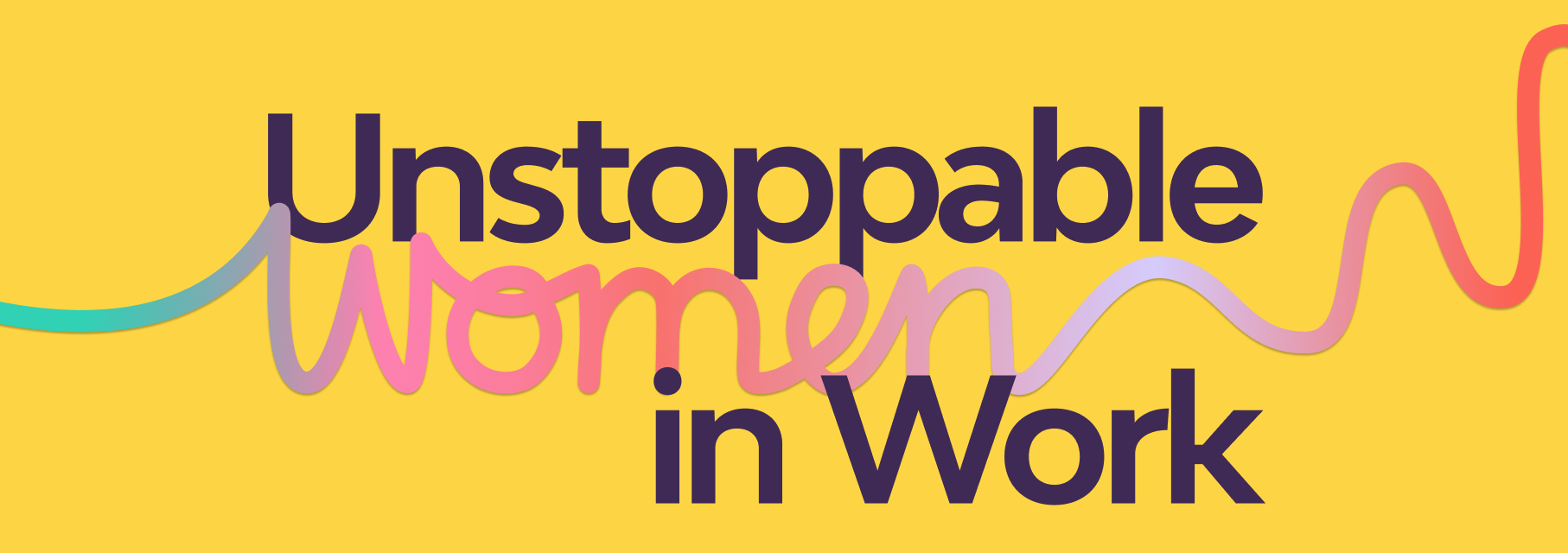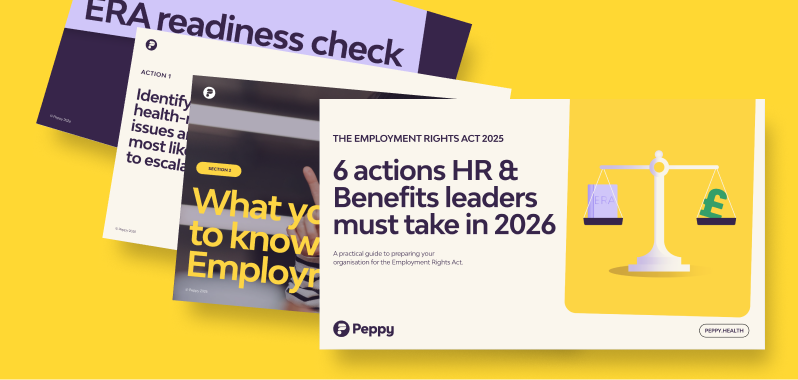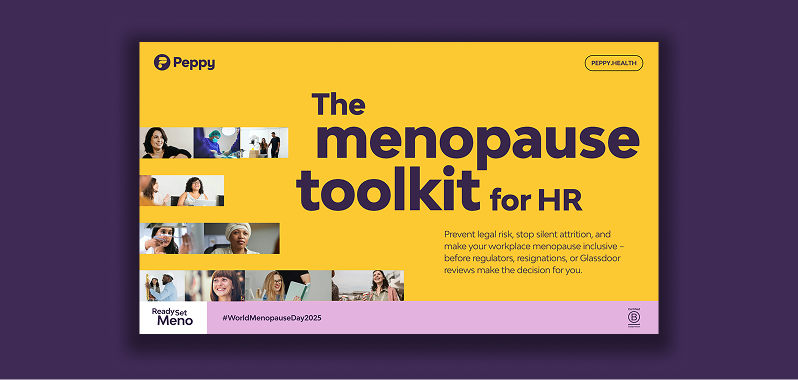The number of new parents returning to work from parental leave is at a 20 year high.
Yet a staggering 94% of them feel 'nervous' at the prospect of going back to work. Are employers doing enough to quell the anxiety and give returning parents the empathetic, rounded support they need to return to work with confidence? Navigating the transition back to work after parental leave is a journey that can be filled with excitement or dread, empowerment or guilt, and often a host of unexpected challenges. As demand for family-forming benefits grows, the dialogue around parental leave and support for new parents is growing. However, the real experience of returning to work is often more complex than policies and guidelines can capture. Here's an in-depth look at the unspoken realities and how employers can provide the support new parents truly need to help families thrive.
Parental policies: Are they enough?
Parental policies are crucial in supporting parents, but they often don't go far enough. While they provide essential practical help, many fail to consider:- Physical and emotional challenges: New parenthood brings unexpected physical and emotional strains that one-size-fits-all policies may not address.
- Individual circumstances: Every parent's situation is unique, whether it's an early baby arrival, recovery issues or personal parenting choices.
The varied experiences of returning to work
Returning to work is a highly individual experience, influenced by factors including:- Family support: Is there family around to help? Single parents or those without a support network face additional challenges.
- Childcare issues: Distance from childcare, timing and other practical matters can become significant hurdles.
- Health and sleep: New parents often face sleep deprivation and a myriad of health concerns, ranging from common childhood bugs to more complex physical changes after childbirth.
- Infant feeding challenges: The need for space to feed a baby, the pressure of feeding on demand and the stigma that surrounds feeding or transitioning from breastfeeding to formula feeding can create anxiety and additional stress for new parents.
- Personal preferences: Some people may find they love parental leave, whilst others may struggle with their changed identify and feel desperate to come back to work.
The importance of flexibility and understanding
After parental leave, employees are significantly more likely to return to a workplace that offers flexible working (79%) and part-time work options (60%). Flexibility and proving a deep understanding of the realities of coming back to work after parental leave are crucial. Key areas to consider include:- Individualised support: Recognising that every situation is unique and offering specialised support for both parents can support rounded wellbeing, as well as increase loyalty and employee satisfaction.
- Health support: Being sympathetic to the health changes and challenges that new parents face, including offering practical and emotional support for infant feeding, sleep and nutrition, can help new parents settle into a routine and overcome hurdles that might prevent them from feeling ready to return to work.
- Support for dads and partners: New fathers and partners also need support. Recent statistics show that 33% of new fathers are stressed during the perinatal period, and they are 47 times more likely to be at suicide risk than at any other time in their lives. Supporting all parents isn't just about promoting equality, it's about promoting positive mental and emotional wellbeing.
How to become a more compassionate workplace
The real experience of returning to work after parental leave is filled with ups and downs, challenges and triumphs. Employers who recognise this complexity and strive to provide compassionate support can create a more inclusive, empathetic and productive workplace. Remember, this stage of a parent's life doesn't last forever. But the support, understanding and flexibility shown during this time can build trust and loyalty that lasts a lifetime. It's not just about policies; it's about human connection, empathy and creating a culture where real conversations can take place. In a world where 69% of fathers consider childcare arrangements before taking a new job or promotion , and where the mental and physical health of new parents is a genuine concern, the way we support parents returning to work is not just an HR issue; it's a societal one. Let's lead the way in making the return to work after parental leave a real, supportive experience for everyone.Peppy Tips
- Lead by example, encouraging senior people within the business to make the most of their parental leave entitlement and talk about their experience returning to work.
- Offer practical and emotional support around infant feeding, sleep and nutrition, helping employees settle into new parenthood and build healthy habits that will help them if they decide to return to work.
- Make sure you include both or all parents in the family-friendly benefits you offer.
-1.png?width=600&height=450&name=Untitled%20design%20(8)-1.png)




